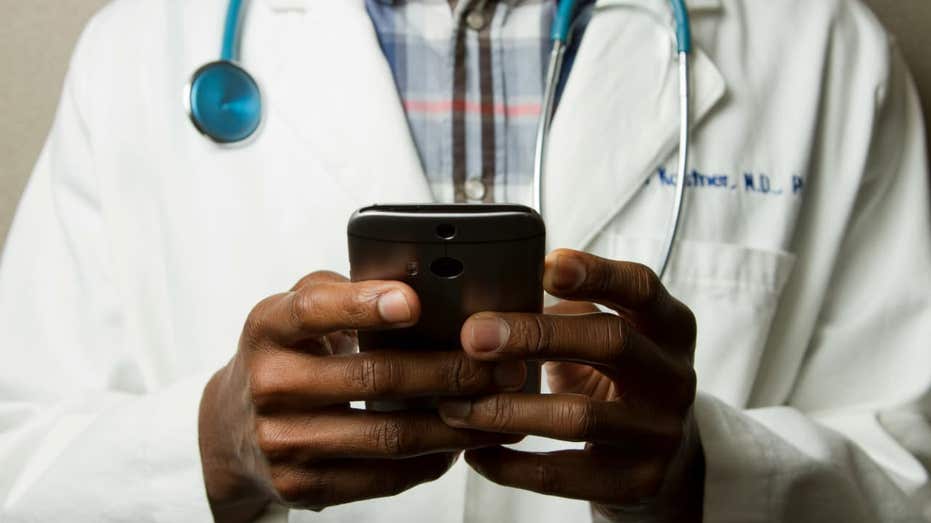Hackers Compromise 1.6 Million Patient Records in Major Healthcare Security Breach

The Growing Threat of Healthcare Data Breaches
Healthcare data breaches have become alarmingly common, primarily due to two significant factors: inadequate cybersecurity practices and the high value of the information stored. Cybercriminals often find healthcare organizations to be easy targets and can demand hefty ransoms for the stolen data. In just the first few months of 2025, several healthcare institutions have reported security breaches, illustrating the persistent vulnerabilities in this sector.
Recent Breach: Laboratory Services Cooperative
The latest incident involves Laboratory Services Cooperative (LSC), a U.S.-based nonprofit provider of lab testing services, particularly to reproductive health clinics such as Planned Parenthood. On October 27, 2024, LSC experienced a major data breach that resulted in the unauthorized access and theft of sensitive information belonging to approximately 1.6 million individuals, including both patients and employees.
Timeline and Notification
Although the breach was detected on the same day it occurred, LSC did not begin notifying affected individuals until April 10, 2025. This delay was due to a thorough data review process that was completed by February 2025. The nonprofit has expressed its commitment to transparency and the security of its information, stating that it remains a top priority.
What Information Was Compromised?
The stolen data varies for each individual but is extensive and includes:
– **Personal Information**: Names, addresses, email addresses, phone numbers, Social Security numbers, driver’s license or state ID numbers, passport numbers, and dates of birth.
– **Medical Records**: Dates of service, diagnoses, treatments, lab results, patient numbers, provider names, and details about treatment facilities.
– **Financial Information**: Billing details, bank account numbers, routing numbers, payment card information, and claim numbers.
– **Insurance Data**: Health insurance plan types, insurer information, and member or group ID numbers.
Impact on Affected Individuals
This breach has potential repercussions for victims, including increased risks of identity theft, financial fraud, and misuse of medical information. Individuals from various states have been affected, with notable cases including over 1,800 individuals from Maine and several Planned Parenthood centers across states such as Alaska, Hawaii, Idaho, Indiana, Kentucky, Washington, and possibly Texas, Massachusetts, and California.
LSC’s Response and Support for Victims
In response to the breach, LSC is offering complimentary credit monitoring and medical identity protection services for up to 24 months, with an enrollment deadline of July 14, 2025. They have also set up a dedicated toll-free call center to assist individuals with any questions or concerns related to the incident. The hotline is available Monday to Friday from 9 a.m. to 9 p.m. ET.
Steps to Protect Yourself Post-Breach
If you suspect that your information may have been compromised, it’s crucial to take proactive measures. Here are 11 steps you can implement immediately:
1. **Be Wary of Phishing Scams**: Use strong antivirus software and be cautious of emails that may appear to be from legitimate sources but are designed to steal your information.
2. **Remove Personal Data from the Internet**: Utilize data removal services to scrub your personal information from public databases.
3. **Invest in Identity Theft Protection**: Sign up for services that provide 24/7 monitoring and alerts for unusual activity related to your identity.
4. **Set Up Fraud Alerts**: Notify credit bureaus to establish fraud alerts, requiring extra verification for any new credit requests.
5. **Monitor Your Medical Records**: Regularly review your medical records and insurance claims to catch any discrepancies early.
6. **Watch for Suspicious Mail**: Be cautious of official-looking letters requesting personal information and verify the source before responding.
7. **Enable Multifactor Authentication (MFA)**: Use MFA on critical accounts to add an extra layer of security.
8. **Review Your Credit Reports**: Access your credit reports regularly to identify any unauthorized accounts.
9. **Change Your Passwords**: Update passwords for accounts linked to the compromised data and consider using a password manager.
10. **Be Alert for Social Engineering Attacks**: Stay vigilant against scams that exploit your stolen information to extract further details.
11. **Secure Your Online Accounts**: Regularly update security settings and review recovery options for all important accounts.
The Importance of Vigilance in the Digital Age
The LSC data breach serves as a stark reminder of how vulnerable we are in today’s digital landscape. With personal, medical, and financial information at risk, the consequences can be severe, leading to identity theft and fraudulent activities. If you believe your information has been compromised, take immediate action to safeguard your identity and financial well-being.
For ongoing updates and expert tips on cybersecurity, consider subscribing to newsletters or reports dedicated to technology and security awareness. Remember, staying informed is the first step towards protecting yourself in a world where data breaches are all too common.